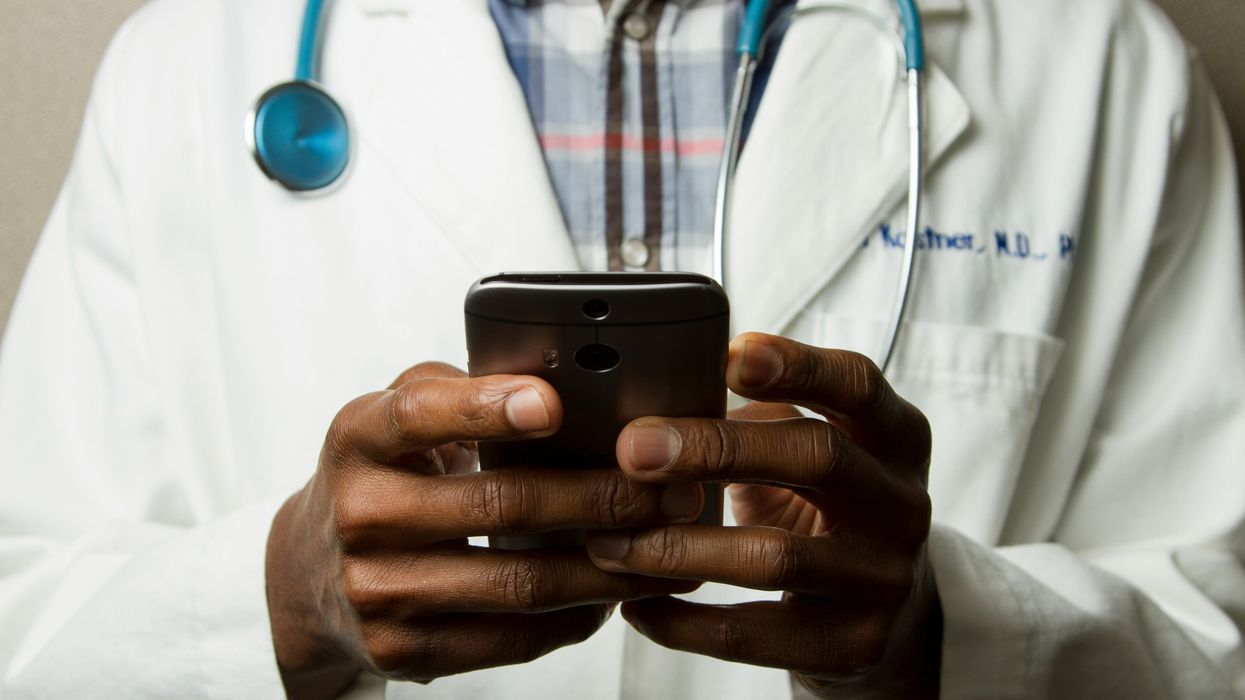Ask people how much they expect to change over the next 10 years, and most will say “not much.” Ask them how much they’ve changed in the past decade, and the answer flips. Regardless of age, the past always feels more transformative than the future.
This blind spot has a name: the end-of-history illusion. The result is a persistent illusion that life, and the values and behaviors that shape it, will remain unchanged.
The illusion plays out not just individually, but generationally. Older generations assume that younger ones will follow the traditional, familiar paths. And, of course, they never do. Most of the time, those differences are harmless. However, when leaders in politics, the military, and medicine repeat the same mistakes, the consequences prove far more severe.
The high cost of ignoring change
Two recent events reveal what happens when institutions fail to recognize that the world around them has undergone significant changes.
In New York City, a little-known 33-year-old Democratic Socialist, Zohran Mamdani, defeated a former governor and establishment favorite in the mayoral primary. Despite being massively outspent on TV advertising, Mamdani won by embracing Instagram, short video,s and grassroots tactics to mobilize voters.
Half a world away, in Ukraine, the most effective weapon against the Russian military hasn’t been fighter jets or tanks but cheap, camera-mounted drones. Some cost only a few hundred dollars, yet they’ve repeatedly destroyed military hardware worth millions. Analysts warn that future wars will be shaped by low-cost, decentralized technologies rather than the armaments of the past. It’s a shift that traditional military powers (including the U.S.) have been slow to embrace.
These aren’t just political or military anecdotes. They’re cautionary tales about individuals and institutions that assumed yesterday’s strategies would deliver tomorrow’s results — and failed when they didn’t.
Medicine now faces the same risk. For decades, physicians assumed their title and training guaranteed patient trust. Likewise, public health agencies like the CDC and CMS believed their official guidance would be accepted without question.
Today, younger generations increasingly tune them out. With Gen Z and Millennials comprising more than 40% of the U.S. population, if healthcare professionals and leaders fail to adapt to a changing world, their voices will go unheard, and their influence will be lost.
3 ways to win the battle of attention, trust
While Boomers and Gen Xers continue to rely on information from medical experts, younger generations now turn to TikTok videos, Reddit threads, Google reviews — and increasingly to large language models like ChatGPT and Claude — for healthcare decisions. Whether physicians and public health officials consider these sources credible is irrelevant. Gen Z and Millennial patients already do.
This schism isn’t about one generation being right and another wrong. It’s the classic pattern of cultural evolution, creating a generational mismatch. If the medical profession fails to (a) recognize its existence and (b) close the gap, then these patterns will solidify, and the health of our nation will deteriorate. Here are three opportunities to begin the process:
1. Share decisions, don’t just give orders
For decades, doctors and government agencies have been trained to “tell” patients the right answer. And many patients still want that.
But for Gen Zs and Millennials, a top-down approach backfires. Studies confirm that when a clinician’s style doesn’t match a patient’s expectations, trust and adherence decline. By contrast, share in decision-making (i.e., presenting options and inviting patients into the process) has been shown to improve understanding and outcomes. For younger generations, especially, that principle applies whether the setting is a doctor’s office or a public policy health campaign.
2. Speak their language (digitally)
Boomers and Gen X may still tolerate phone trees and paper handouts. Gen Z and Millennials don’t. These patients expect text reminders, digital scheduling, and mobile apps, not voicemail.
Public health agencies face a similar challenge. Even the clearest message will be missed if it’s delivered through the wrong channel. Agencies and physicians alike must meet younger audiences where they’re at, communicating in ways that resonate loudly: fast, visual, and mobile-first.
3. Make access easy, even if continuity is difficult
Older generations tend to value long-term relationships with a personal physician. Younger generations prioritize speed, convenience, and flexibility.
They are more likely to choose urgent care, telemedicine, or even GenAI-powered tools for routine or embarrassing problems. If health systems and agencies don’t adapt, they risk losing these patients altogether. Expanding telehealth, offering asynchronous communication, and designing digital intake tools aren’t luxuries. They’re essential if the next generation is to receive timely preventive and acute care.
Similarly, public agencies like the CDC and CMS will need to meet the needs of younger patients where they are. Think: short videos, Instagram stories, and plain-language guidance on the issues that matter most to them (e.g., mental health, dermatology, sexual health).
Just as politicians must adjust strategies to win elections and generals need to revise tactics to win wars, doctors and governmental agencies will need to evolve their approach if they seek to improve the nation’s health and achieve the best clinical outcomes.
Robert Pearl, the author of “ChatGPT, MD,” teaches at both the Stanford University School of Medicine and the Stanford Graduate School of Business. He is a former CEO of The Permanente Medical Group.




















Trump & Hegseth gave Mark Kelly a huge 2028 gift